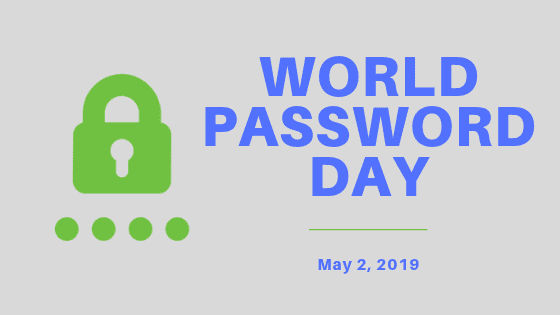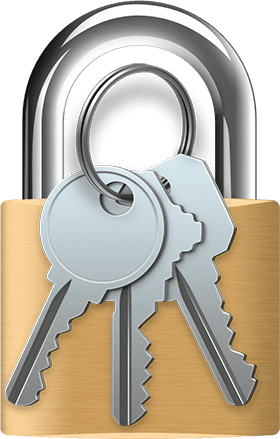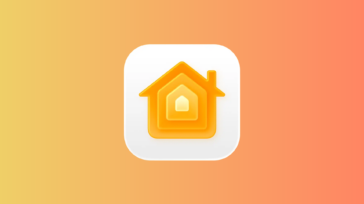Every year, we celebrate World Backup Day (March 31) to remind our readers that backups are a critical part of information security. Today — May 2nd — is World Password Day, another day that has been set aside to make computer users think of those cryptic little words, phrases, or strings of characters that keep our information locked away from prying eyes. Computer security company Symantec noted that personally identifiable information like full names, credit card numbers, and Social Security numbers were the most common data lost to data breaches in the last year. To ensure that your personal information stays under your control, here are some tips to follow.
Change Your Passwords
• Change your passwords every couple of months or so to lessen the chance of a hack
• Remind yourself to do this by setting a repeating calendar event on your iPhone
Use Multiple Passwords
• Whatever you do, don’t use the same password for every online account. If your password is compromised in one place, hackers should not be able to use one password to open all of your accounts.
Stay Away From Easily Guessed Passwords
• Don’t make your passwords something that someone else could easily guess about you
• What does the general public or online world know about you? Don’t make it easy for people to guess your password. Be as obscure as possible online to keep your identity safe.
Hide The Treasure
• We all have a lot of passwords, but if you need a reminder of your passwords, make sure that reminder — a piece of paper or a note on your iPhone — is safe
• Lock that piece of paper or notebook away, or use a locked iPhone or Mac note to keep your passwords under lock and key
• Even better, use a password manager like 1Password or Dashlane to not only keep your passwords safe, but to create and enter strong cryptic passwords that no hacker will ever guess
Never Disclose Your Passwords
• Know which websites you have accounts or profiles on, and make sure that they’re secure and safe. One easy step is to make sure that the website is using the https website protocol and has a current SSL/TLS certificate. You can check this by looking for a lock icon (🔒) next to the name of the website in the address bar.
• Never give your password to anyone else. Online scams like phishing emails use “official-looking” emails to attempt to get you to sign into fake websites designed to grab your user name and password. Never give your user name or password to a phone solicitor.
It’s a scary world out there, but you can make your online life a bit less frightening by following these simple password tips.









If you have a very strong password, I don’t think there is any reason to change it. A new strong password will not be any more secure than the old one. We do we always hear this change-your-password advice?